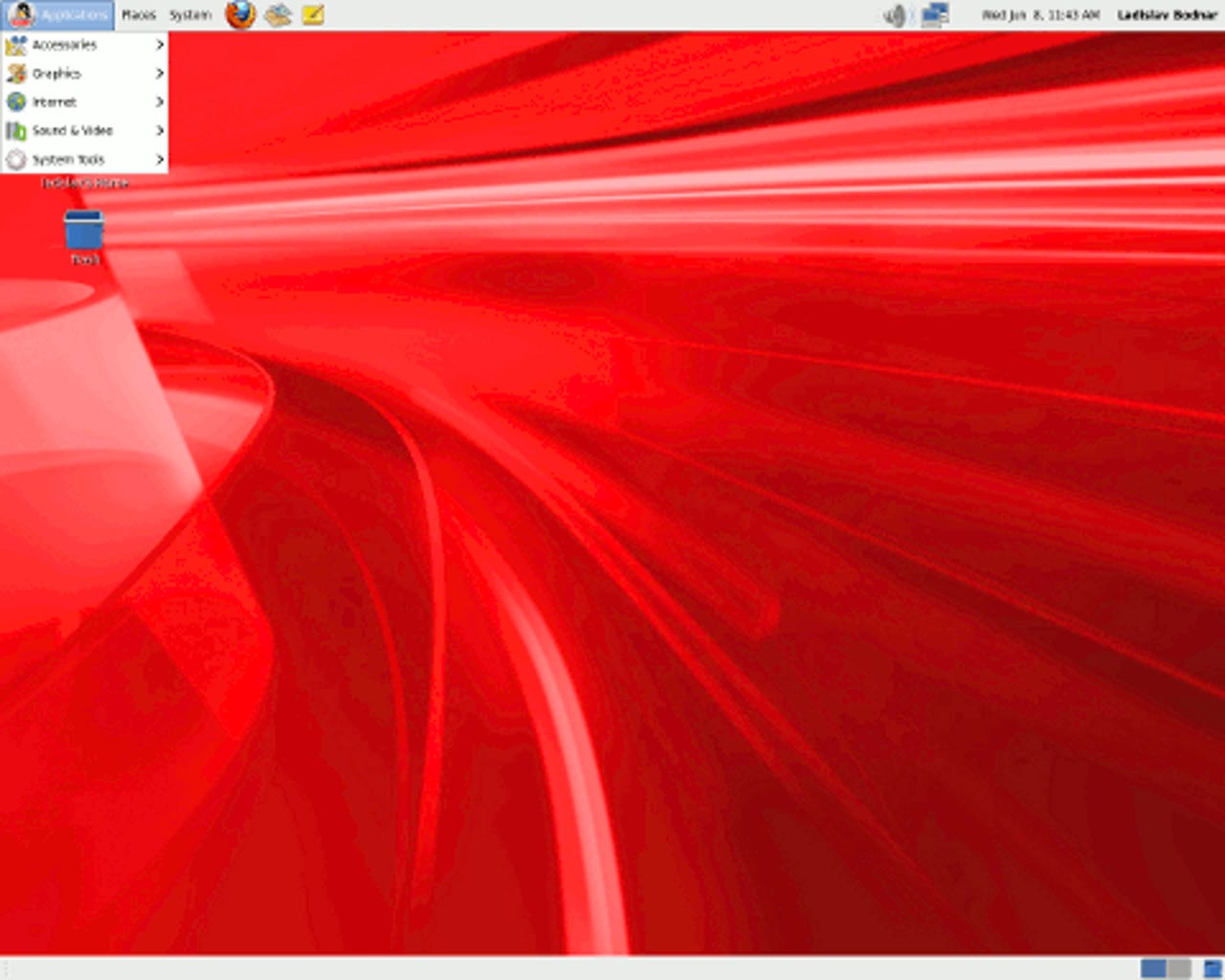Oracle Linux 7 released

Oracle has supported Linux almost from day one. But it wasn't until 2006, when Larry Ellison got into a disagreement with Red Hat, that Oracle decided it had to have its "own" Linux distribution — a Red Hat Enterprise Linux (RHEL) clone, Oracle Linux. It's eight years later, and Oracle is still copying RHEL with its release of Oracle Linux 7.

Like the newly released RHEL 7, Oracle Linux 7 features XFS, Btrfs, Linux Containers (LXC), DTrace, Xen enhancements, and OpenStack cloud support.
Borrowing another page from Red Hat's book, Oracle now has a partnership with OpenStack integrator Mirantis. Red Hat and Mirantis have been working together on RHEL and OpenStack since 2013.
The one major difference between RHEL 7 and Oracle Linux 7 is that the commercial version of the Oracle distribution supports Ksplice, a program that enables administrators to apply Oracle or RHEL security updates to the Linux kernel without requiring a reboot.
Oracle acquired the open source Ksplice in 2011 and promptly made it available only for Oracle Linux and RHEL. Since then, other "no-reboot patch" Linux programs such as KernelCare and kpatch have appeared. These other programs aren't as mature as Ksplice at this point.
On the business side, like CentOS, Red Hat's "official" clone, Oracle Linux is available for free downloads and distribution. If you want support, though, you'll need to buy a Oracle Linux Support contract.
While Oracle's never done that well with its Linux distribution — by their own admission, they have no more than 12,000 customers — the company thinks Oracle Linux offers users a good deal.
In prepared notes, Wim Coekaerts, Oracle's senior vice president of Linux and Virtualization Engineering, said “With Oracle Linux 7, users have more freedom to choose the technologies and solutions that best meet their business objectives. Oracle Linux allows users to benefit from an open approach for emerging technologies, like OpenStack, and allows them to meet the performance and reliability requirements of the modern datacenter.”
Related Stories: